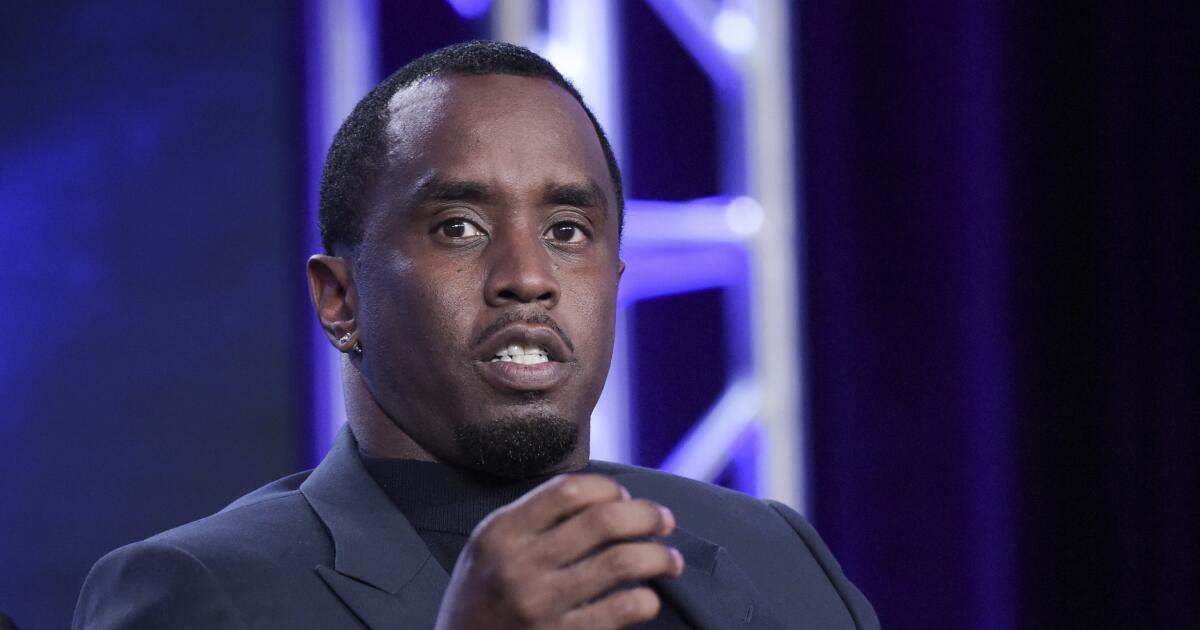Four years ago, Netflix faced a formidable challenge to its dominance. Competitors such as Walt Disney Co. and Warner Bros. Discovery have invested billions of dollars to eat into Netflix's market share by launching splashy shows on their own streaming services.
For a while, it seemed like Netflix was vulnerable. The company lost subscribers for two consecutive quarters in 2022 despite massive spending, raising concerns that its growth had stalled.
But lately the situation has changed. Netflix has managed to maintain its position as the leader in subscription streaming, with 260 million paying customers worldwide, much more than its direct competitors. Netflix added more than 13 million subscribers during the fourth quarter. Shares of the Los Gatos, California-based company have risen about 90% over the past year.
As a result, many analysts have made a bold proclamation in recent months. They say that the so-called streaming wars are over. Netflix has won. As evidence, they point to rival studios that are now licensing more shows to Netflix, including HBO's “Six Feet Under” and “Insecure,” after years of keeping their big action movies and popular shows for their own platforms.
“Their competitors are so desperate to make money that they are giving this content to Netflix,” said Jeffrey Wlodarczak, chief executive of Pivotal Research Group. “This is what it means to win.”
Netflix executives, for their part, appear as confident as ever, even as the company continues to make changes, including a recent restructuring of its film business. There is much more room for growth for Netflix, Spencer Neumann, Netflix's chief financial officer, said at a Morgan Stanley conference in San Francisco on Monday.
“We're just getting started,” Neumann said. “Now we are small in every way. Any way you look at it, we're less than 10% of the viewing share in all the countries we operate in, and that's a pretty small slice of the pie.”
How did Netflix defend its stronghold when there are still multiple streaming services fighting for attention?
The streamer has cracked down on password sharing and offers a cheaper ad-supported plan for cost-conscious viewers. Additional restrictions on viewers borrowing Netflix accounts caused people to buy their own subscriptions, helping the company boost net income to $938 million in the fourth quarter, up from $55 million. from a year ago, while revenue rose 12.5% to $8.8 billion.
Since then, Disney's Hulu, Disney+ and ESPN+, and Warner Bros. Discovery's Max have also signaled they will tighten their limits on password sharing.
Netflix also diversified its content beyond scripted shows, adding more reality shows, non-English language originals, live television, games and sports documentaries to its offering.
And Netflix expanded its sports-related content. In January, the streamer announced that it would become the exclusive host of WWE's weekly professional wrestling show, “Raw,” in 2025, which analysts say will help boost Netflix's advertising business and increase reach. “Raw” is the flagship program on the USA Network, where it attracts 17.5 million unique viewers throughout the year, WWE and Netflix said.
“For me, introducing it to a new group of fans and catering to existing fans who are already Netflix subscribers or who will join is a win,” Brandon Riegg, Netflix's vice president of nonfiction series, said at a press event. in Hollywood in January. “The truth is that we don't know how much bigger it can get. “I think we are all very optimistic about it.”
A major factor in Netflix's advantage is that it had a huge head start, entering the streaming field in 2007, long before many of its Hollywood competitors. It set up production centers in different countries around the world, including South Korea, where Netflix has found success with a portfolio of K-dramas that can be dubbed into many different languages. The company also created a robust platform with recommendations based on a user's past viewing habits, with trailers and promoted titles tailored to their tastes.
“They built scale faster than anyone else, and that scale in turn leads to a shorter path for a new original to become a hit because they have a broader audience available to test,” said Brandon Katz, industry strategist for Parrot Analytics. “They have done a very good job of maintaining their market leadership position in the streaming industry, even when competition and macroeconomic factors in the industry have presented them with many challenges.”
Meanwhile, Wall Street began turning against legacy media companies, including Disney, Paramount and Warner Bros. Discovery, which had sacrificed traditional television and box office revenue to boost their streaming ambitions. Stock market pressure encouraged those companies to rein in their spending on direct-to-consumer operations.
Even Walt Disney Co. Chief Executive Bob Iger acknowledged Netflix's technological prowess at a Morgan Stanley conference Tuesday.
“We're now in the process of creating and developing all that technology and obviously the gold standard is Netflix,” Iger said.
“We need to be at their level in terms of technological capacity.”
Disney+ has 111.3 million subscribers in its fiscal first quarter (excluding Disney+ Hotstar). Warner Bros. Discovery has 97.7 million subscribers in its direct-to-consumer category, which includes Max, HBO, Discovery+ and premium sports products in the fourth quarter.
Netflix also addressed some analyst concerns about its debt levels. In 2021, the streamer said it would no longer need to raise outside funding for its daily operations.
And while six months of strikes in Hollywood last year hampered film and television production and curtailed studios' TV and film schedules, Netflix appeared to weather the disruption better than many rivals.
Striking writers and actors expressed concern about streaming services, criticizing Netflix and others for not rewarding them financially enough when shows became hits. They demanded more data transparency and substantial increases in salaries. Some in the industry called last summer's work stoppages the “Netflix strike,” citing changes the company popularized in the way the entertainment industry does business. Many productions, including work on the upcoming seasons of “Stranger Things” and “Cobra Kai,” were delayed due to work stoppages.
The Writers Guild of America and SAG-AFTRA were able to achieve many of their goals in their new contracts. However, Netflix continued to grow its subscriber base during the strikes. One of the titles gaining traction on Netflix over the summer was the legal drama “Suits,” a USA Network series that aired from 2011 to 2019 but gained a new boost in cultural relevance last year when it appeared on the service.
Foreign production has also helped, as it is typically less expensive than producing shows in the United States, analysts said.
“You can see how the content budget would get more bang for the buck if they could actually produce a 'Squid Game' every year here in the United States,” Katz said. “The more they can get some of that South Korean programming, Indian programming and Spanish-language programming to really stand out on the charts here in the United States, the longer their dollar lasts, the less they have to rely on more expensive American-made series.”
Two years ago, Netflix's future was murkier as it underwent a correction in the streaming industry. At the beginning of the pandemic, streaming services, including Netflix, saw massive growth as people sheltered at home and looked for ways to entertain themselves. But subscriber growth eventually slowed and Netflix reported a decline in customers in the first half of 2022. The setback surprised investors, considering the sums the company was spending on content, and the stock plummeted.
Netflix laid off hundreds of workers and began investing in new areas of business, including launching an ad-supported streaming plan, after years of being averse to commercials on its platform. It acquired game studios and increased its live events offerings on Netflix with mixed results, including hosting this year's SAG Awards and, recently, a series in which chef David Chang cooks for celebrities. Live reality TV gatherings and stunt sporting events are also held, including “The Netflix Slam” tennis match.
But as Netflix continues to expand its customer base, it will face constant competition for customers' time and money. Some analysts remain skeptical about the return on investment from the company's film strategy, which had a 70-picture schedule in 2021 and included big-budget action films like “Red Notice.”
In January, Netflix announced that its film chief, Scott Stuber, would leave in mid-March to start his own media business. His position will be filled by Dan Lin, CEO of the production company Rideback, starting in April.
But Netflix has downplayed the idea that the company's approach to original movies is changing. Neumann said having original movies on its service is an important part of the entertainment Netflix offers and the value it offers its customers.
“The movie business has come a long way. “It's a great success for us,” Neumann said Monday at the Morgan Stanley conference. “With Dan, we are excited to take it to the next level. Like everything we do. “We’re trying to keep improving, so we’ll build from there.”











